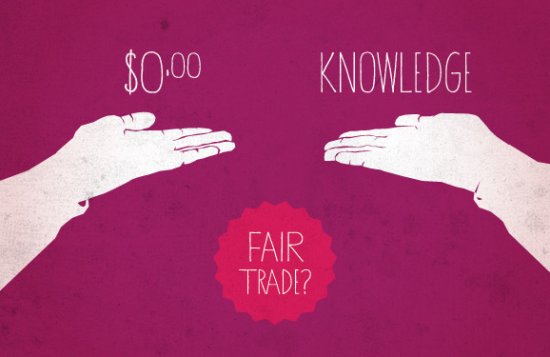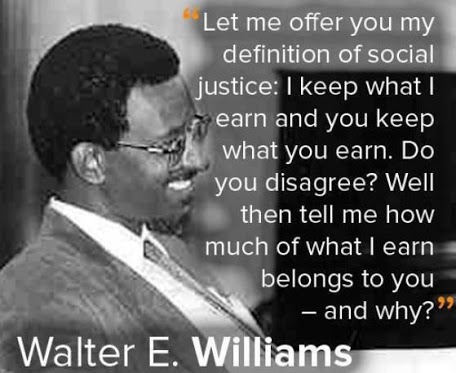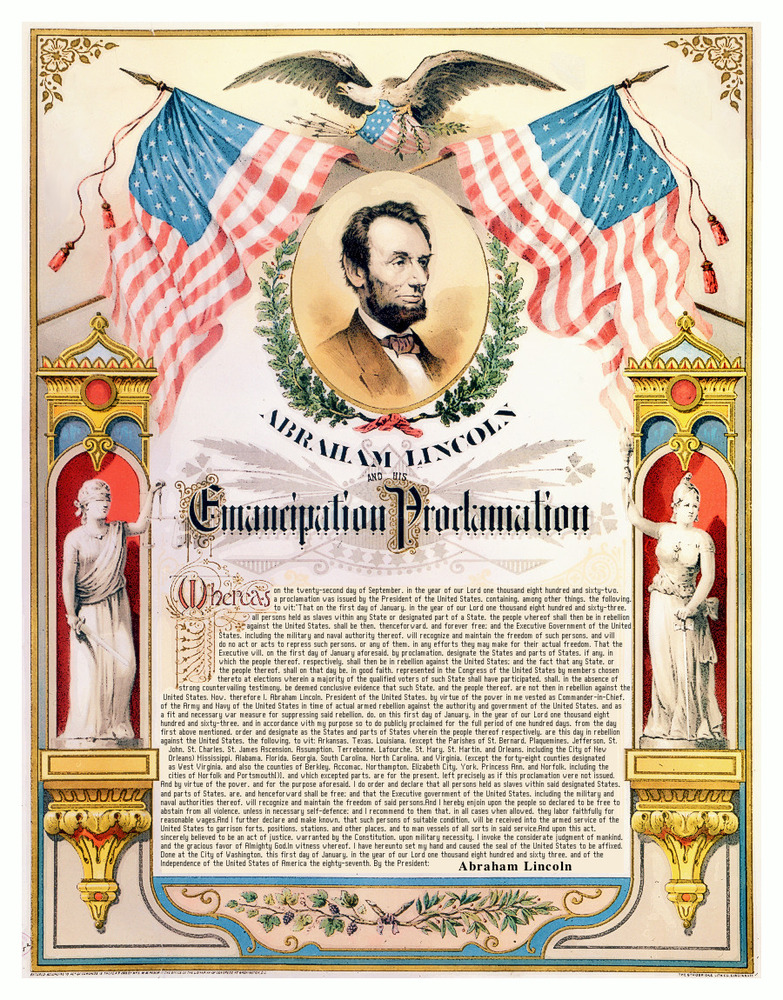Should Government Force Taxpayers to Pay for Other People’s Children’s Education?
by Kelly R. Smith

|
This article was updated on 01/08/21.
Ads we feature have been independently selected and reviewed. If you make a purchase using the links included, we may earn commission, which helps support the site.
Tuition-free college is one of those concepts that can be labeled as a “political football” just as topics such as abortion and drug criminalization are. Whether the ideas gain any traction and effect legislation after any given election is doubtful but they are certainly bandied about for the purposes of pandering and invoking the dog whistle.
Painting with a broad brush, it is a safe bet to say that liberals, leftists (yes, there is a difference), and Democrats favor some form of “free” college while those on the right, libertarians, conservatives, and Republicans oppose it. None of this is surprising since the left favors collectivism and the right prefers independence and personal responsibility. But in the end, the question looms — is tuition-free higher education an American right?
Does the Constitution Name Education as a Right?
No, the US Constitution does not express an opinion on the subject of education. You surely have an inherent right to get an education, the have the right to educate yourself, and the right to provide an education to others if you desire. That’s covered under the 9th and 10th Amendments:
- The enumeration in the Constitution, of certain rights, shall not be construed to deny or disparage others retained by the people.
- The powers not delegated to the United States by the Constitution, nor prohibited by it to the States, are reserved to the States respectively, or to the people.
So the Constitution, by deliberate omission, negates the notion that free tuition is a right. The only way the concept could hold water at all would be if the United States Supreme Court (SCOTUS) somehow made an interpretation and rendered a decision. Not that that is beyond the pale; consider how Justice Roberts allowed Obamacare by somehow interpreting the meaning of the words tax and penalty. Through what lens of reality does that man peer?
Why Tuition-Free Higher Education is Morally Wrong
Let us assume for a moment that all Americans (and as Bernie Sanders and AOC champion, even illegal aliens) have the right to a “free” education. In life, nothing is free. In this case, it’s all tax dollars, baby. This means that applicants would have a “right” to the labor of others. What is the definition of that? Slavery. As per the 13th Amendment, you have no right to the labor of others. Look it up.

So who does end up paying? Obviously, there are those who simply have chosen to go straight into the workplace after high school. They’re paying their own way; why should the law mandate that they shoulder the financial burdens of those why simply want a free ride? Consider these others:
- In school year 2017–18, the national adjusted cohort graduation rate (ACGR) for public high school students was 85%. Those without a diploma are not headed to college; at least not right away. They will be too busy paying for middle-class kids.
- Retirees, many of which have already paid to educate their children. Enough already.
- Members of the workforce making minimum wage or fighting for commission sales.
- Entrepreneurs taking financial chances and providing jobs for others.
- Citizens who go by choice go into the trades after high school, becoming carpenters, plumbers, electricians, painters, etc.
- People that choose the military or police track. Why should they pay to educate those that they are defending? What an insult.
But Don’t We Pay for Free Elementary and Secondary School?
Yes… it’s apples and oranges. Elementary and secondary education is administered and financed on a local level, not federal. Communities have a self-interest in getting their citizens through this level of life-preparation for local economic, cultural, and security reasons.
How do you now feel about tuition-free college being an American right? If you are looking forward to having someone else support you while you pursue a college degree it’s probably because it’s like free candy and you’ve got a sugar tooth. But the path already exists. Do your bit and take advantage of the G.I. Bill. Get a part-time job. Apply for Pell Grants. Apply for scholarships. Take out low-interest college loans. Take responsibility. That’s my take. Many readers might wonder how I justify my opinion. Well, just to be transparent — I worked part-time at the local library while I used the G.I. Bill. When that ran out, I was a full-time carpenter during the day while attending night school. And after it was all done, no student loans.
Looking for more great content? Visit our main site I Can Fix Up My Home or our partner sites:
I offer article and blog-writing services. Interested? Contact me for a quote!
Did you find this article helpful? Millions of readers rely on information on this blog and our main site to stay informed and find meaningful solutions. Please chip in as little as $3 to keep this site free for all.
About the Author:
 Kelly R. Smith is an Air Force veteran and was a commercial carpenter for 20 years before returning to night school at the University of Houston where he earned a Bachelor’s Degree in Computer Science. After working at NASA for a few years, he went on to develop software for the transportation, financial, and energy-trading industries. He has been writing, in one capacity or another, since he could hold a pencil. As a freelance writer now, he specializes in producing articles and blog content for a variety of clients. His personal blog is at I Can Fix Up My Home Blog where he muses on many different topics.
Kelly R. Smith is an Air Force veteran and was a commercial carpenter for 20 years before returning to night school at the University of Houston where he earned a Bachelor’s Degree in Computer Science. After working at NASA for a few years, he went on to develop software for the transportation, financial, and energy-trading industries. He has been writing, in one capacity or another, since he could hold a pencil. As a freelance writer now, he specializes in producing articles and blog content for a variety of clients. His personal blog is at I Can Fix Up My Home Blog where he muses on many different topics.





